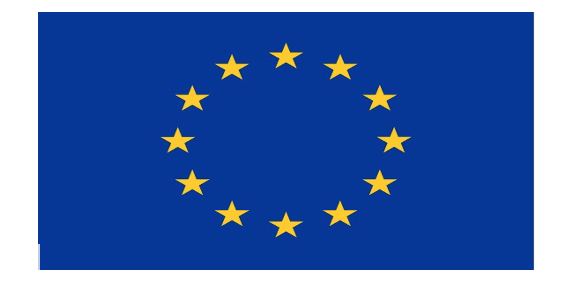EDUCATION AND TRAINING 2020

EU countries are responsible for their education system and specialized training. The EU policy is designed to support domestic action and to assist in the solution of mutual challenges such as aging societies, a lack of labor skills and global competition. The Education and Specialized Training 2020 (ET 2020) is a framework for cooperation in education and specialized training field.
The ET 2020 is a forum for the exchange of good practices, mutual education, gathering and information and data dissemination about what functions in practice; and also consultancy and support for politic reforms.
To ensure the successful implementation of ET 2020, the working groups composed of experts nominated by Member States and other involved parties work on the establishment of common instruments and policy directing at the EU level.
The policy support and innovative project funding is available through the Erasmus program for activities that promote learning and education at all levels and for all age groups.
Four mutual EU goals for the solution to challenges in the field of education and specialized training by 2020 were stated through ET 2020 in 2009:
- to ensure realization of lifelong education and mobility
- to improve quality and effectiveness of education and specialized training,
- to support equality, social cohesiveness and active citizenship,
- to strengthen creative and innovation fields, including business skills at all education and specialized training levels.
These EU criteria goals were stated for the educated area for 2020:
- at least 95% children (from the age of 4 years old to mandatory school age) should participate on preschool education,
- range of 15 years old pupils with unsatisfactory skills in reading, math and science should be lower than 15%,
- a rate of early education or specialized training termination of young people in 18 – 24 years old should get lower than 10%,
- at least 40% of people in 30 – 40 years old should finish some form of university study,
- at least 15% of adults should participate in lifelong learning,
- minimum 20% graduates of university study and 6% of people at age of 18 till 34 years old with an initial specialized qualification should study a certain period or participate in specialized training abroad,
- range of employed graduates (at age of 20 – 34 years old with finished upper secondary education as minimum, who finished education no later than previous 3 years) should be 82 %.
